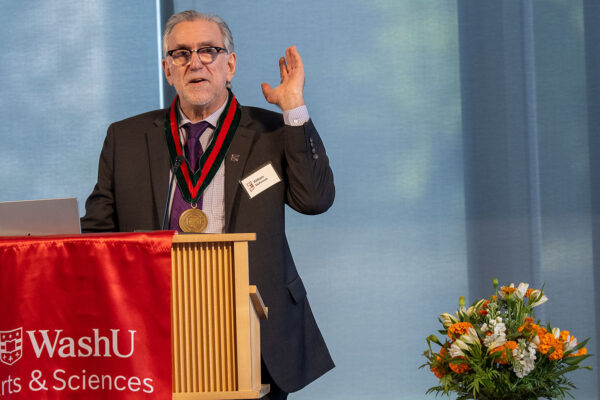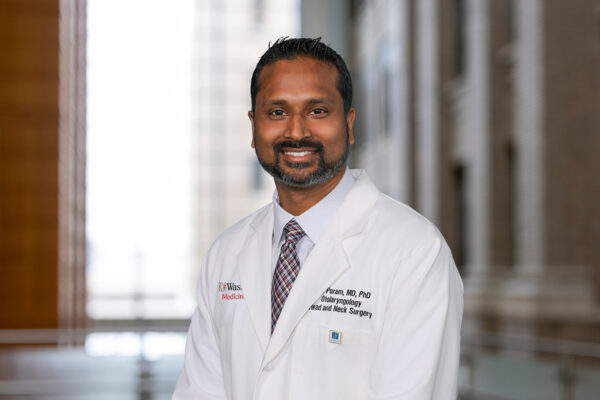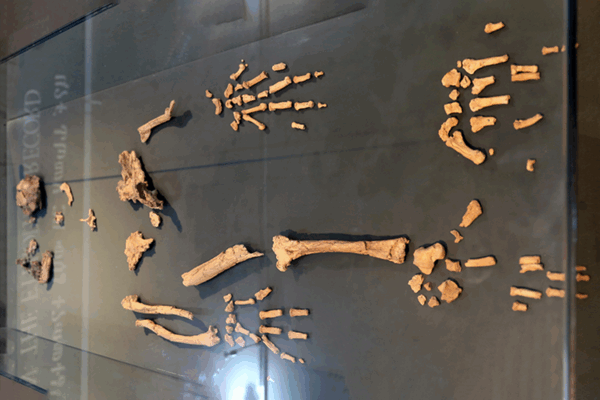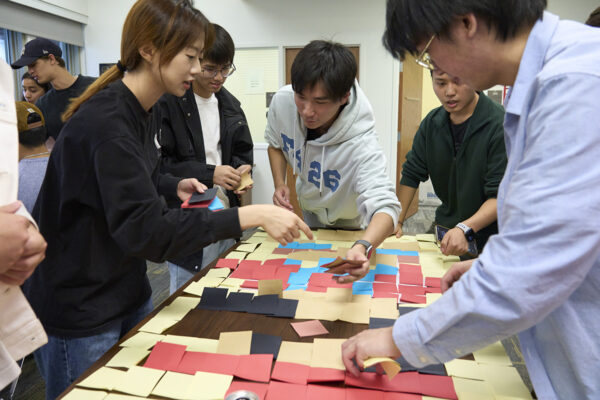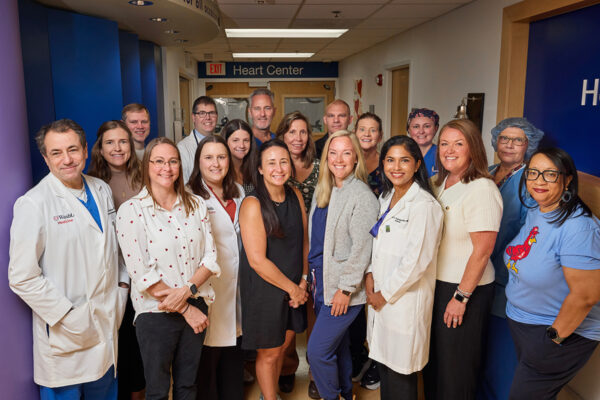McKinnon installed as Clark Way Harrison Distinguished Professor
William B. McKinnon, a professor in Arts & Sciences at Washington University in St. Louis, was recently installed as the Clark Way Harrison Distinguished Professor.
No such thing as presidential ‘removal power’ in early America, paper finds
A new paper from Andrea Katz, associate professor of law at Washington University in St. Louis and expert on constitutional law and presidential power, disputes a long-standing claim that America’s founders agreed the president holds an unrestricted power to fire executive officials.
Social conflict among strongest predictors of teen mental health concerns
A new study by WashU researchers showed that family fights and peer bullying outweighed other risk factors for depression and other mental health problems, with adolescent girls suffering more than boys.
Research shows anger, not fear, shifts political beliefs
Research from a psychologist at Washington University in St. Louis has found that anger is the emotion that can drive abrupt shifts in political attitudes.
Puram named head of otolaryngology
Sidharth Puram, MD, PhD, a distinguished physician-scientist specializing in head and neck cancer surgery, has been named the head of the Department of Otolaryngology — Head & Neck Surgery at WashU Medicine.
WashU hosts Global (Un)Conference 2 Oct. 16-18
Global (Un)Conference 2, a meeting of the Urban Humanities Network, will take place around St. Louis Oct. 16-18. Featuring both academic and public-facing events, the conference is hosted by WashU’s “Engaged City” initiative, a Mellon-funded project that highlights the city’s cultural legacy.
Analysis of 4.4-million-year-old ankle exposes how earliest ancestors moved, evolved
A new study from Washington University in St. Louis published in Communications Biology presents compelling evidence to support the theory that humans evolved from an African ape-like ancestor, bringing researchers one step closer to identifying the origin of human lineage.
Sam Fox School dean search committee appointed
Provost Mark D. West has appointed a 15-member search committee to identify candidates for the position of dean of the Sam Fox School of Design & Visual Arts at Washington University in St. Louis.
Leadership badge builds new skills, recognizes proficiency
An initiative of the Bauer Leaders Academy, the Leadership Development Badge provides WashU students with new skills through workshops, personalized coaching and applied leadership experiences. The program is available to all undergraduate students at no cost. This month, the Bauer Leaders Academy hosts WashU Leadership Week.
Team performs first pediatric ‘domino’ partial heart transplant in Midwest
The St. Louis Children’s Hospital and WashU Medicine Heart Center has become one of only eight programs in the nation to perform a rare, lifesaving procedure in which one donor’s organ is transplanted into a patient, who then becomes a donor for another patient.
View More Stories
